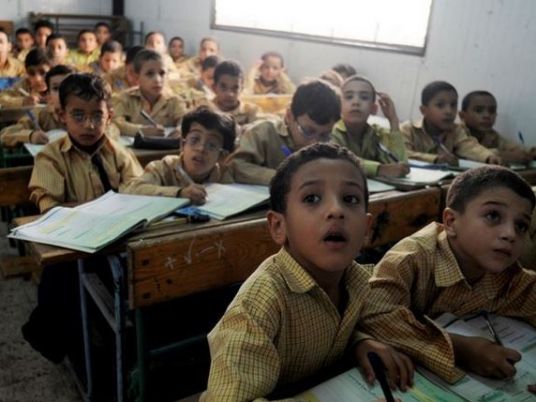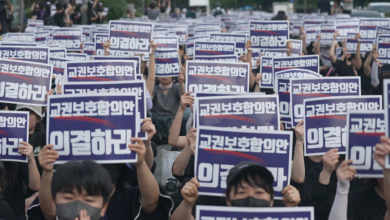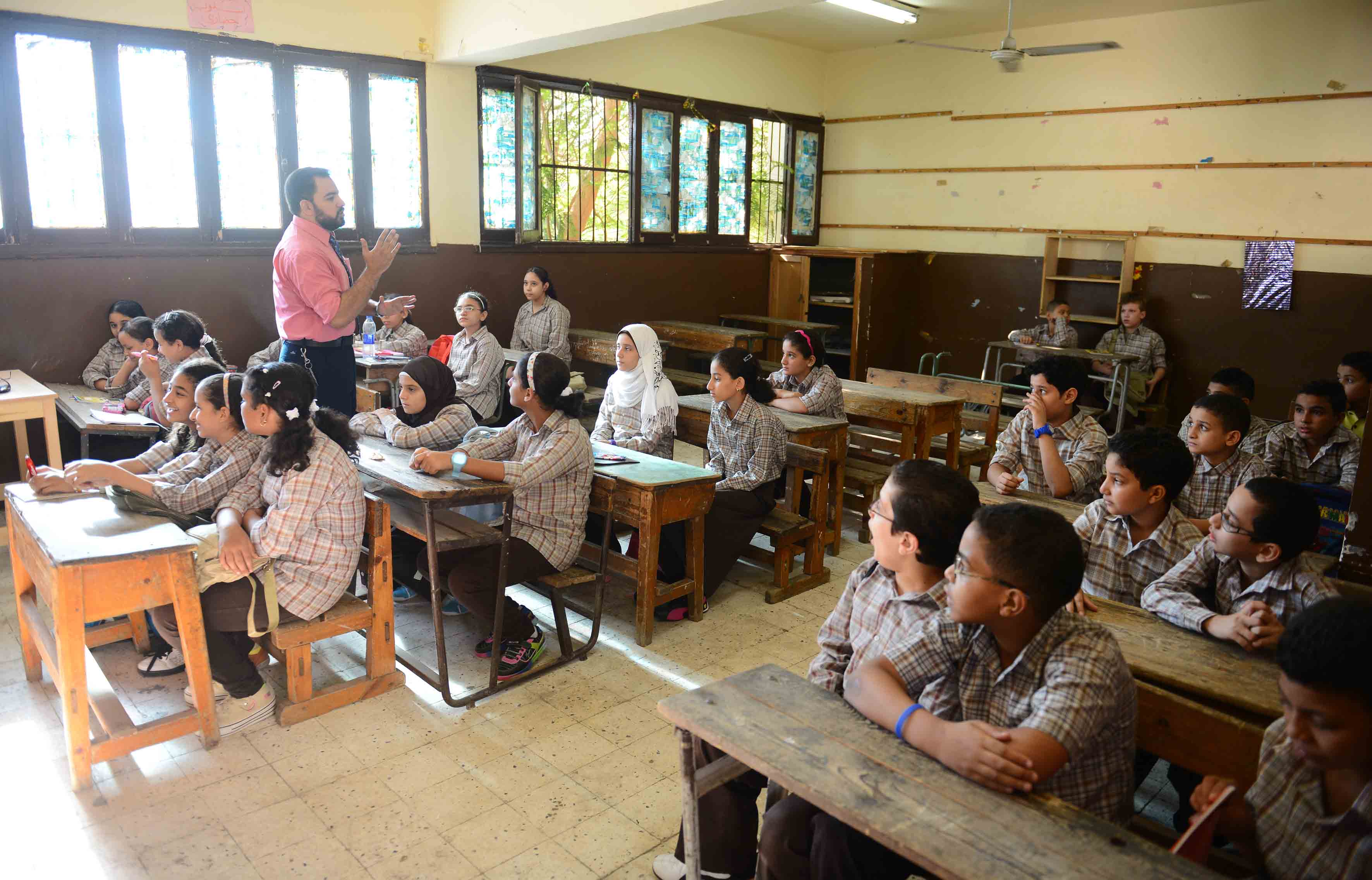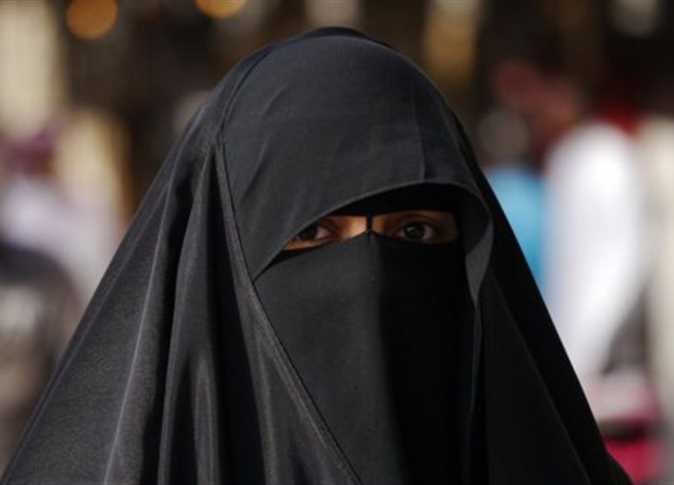In Egypt, adolescents rarely receive their sex education from the institutions thought to be best adapted to the task. Ignorance and misinformation spread as families, school programs, and public health campaigns fail to address the issue. For feminist activists, sexual harassment is just one of the expressions of this shortcoming in education.
Until last fall, students aged twelve and older were given basic classes pertaining to sexuality in secondary school. The public curriculum included chapters on reproductive health, anatomy and sexually transmitted diseases.
However, in October 2010, the Ministry of Education stated that these lessons would be removed from the official program in favor of class discussion on the topics.
The surprising move triggered violent reactions from professionals and activists. Non-governmental organizations (NGO), such as the New Woman Foundation and the Egyptian Center for Women's Rights, raised their voices in protest.
“We were hoping that the government would step back,” says feminist activist Nadine Ebeid, “but it was hard for NGOs to get any responses from government officials under the old regime.”
In the meantime, Egypt's change in leadership has brought about uncertainty about the 2011-2012 curricula.
“At this point, we cannot say if they'll include the removal of sexual education chapters and drawings,” notes Ebeid.
Whether the reform will be featured in new textbooks will not make a significant difference. As TV relationship expert Marwa Rakha put it in an interview with the Guardian last fall: “There wasn't much to teach in the old days to begin with – just basic reproductive knowledge – and teachers were too shy to teach it.”
Families are not a better source of information on the subject. As a deep-rooted taboo, sexuality is rarely addressed openly and often depicted negatively. An official study reported that only 7 percent of young men have been taught about sex by their father.
Mothers are not better in conveying knowledge to their daughters. In an interview with Al Jazeera English in 2007, psychologist and sex therapist Abier Al-Barbary explained, "I think we do not really get that much information from mums. Unfortunately we are dealing with several generations passing down their own discomfort with sex." Older peers including siblings, cousins and friends are more likely to be the main sources of a young person's knowledge about sexual issues.
Hela Kotb’s "Kalam Kebier" (Serious Talk) has helped to fill the void. When it arrived on TV in 2006, it was the first Arabic-speaking talk show to address sexuality directly and in all its aspects. So far, it has been well received since it eases young couples’ anxieties before marriage and places the debate within a Muslim framework.
As for sexual harassment, the feminist activist explains. “It is part of the social and psychological aspects of sexuality, two aspects that are often neglected in Egypt. I link it to the role of perceptions within the framework of patriarchy. In short, men are empowered and believe they have the authority to act as they please toward women.”
Sex education encompasses social representations of males and females. And a lack of knowledge can result in misperception of sexual roles and expectations. This leads to intersex communication issues.
When asked if sexual education can be a way of changing mentalities, Ebeid cautiously says: “I concede that we live in a very conservative society. Trying to change mentalities would take time and would face resistance.”
Winning recognition of sexual education as a right, however, remains a battle for Egyptian feminists and activists in the field.
“If sexuality were presented in school curricula in its wider meaning, then we would succeed,” says Ebeid. “We would at least provide young adolescents with the appropriate tools to understand sexually-related social issues. Tackling harassment could be one of the outputs.”
During Egypt's transitional period, feminists are focusing their activities on legal issues.
Fifteen feminist associations on Tuesday called for women rights to be guaranteed in the new constitution. The establishment of a women’s quota in parliament and in local councils, as well as equal rights for women at work and in education are among their suggestions.
Ensuring the prosecution of sexual harassers is another goal for activists.
“Sexual harassment is definitely an issue that post-revolutionary governments will have to face, whoever they are,” concludes Ebeid. “On the road to change, enhancing sex education will be a cornerstone.”




